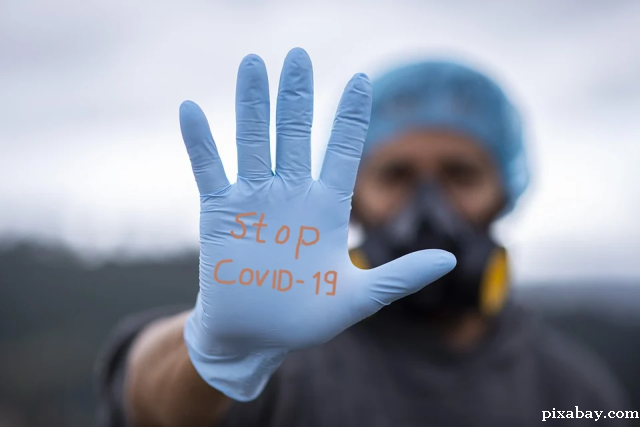European coordination on the freedom of movement
EU leaders call for firm Covid-19 containment measures to stay in place

Roxana Vasile, 26.02.2021, 13:50
Convened in an online summit, the leaders of EU member states, including the president of Romania Klaus Iohannis have called this week for keeping in place firm anti-Covid-19 measures and for stepping up vaccine rollout, so as to prevent the spread of new variants.
Amid the threats posed by the British and South-African strains, national vaccination programmes are affected by delays in vaccine supplies. This is why the European Commission is seeking, among other things, a larger number of doses in the second quarter, increased deliveries from Pfizer/BioNTech and Moderna, and approval of the Johnson&Johnson vaccine.
The EC president Ursula von der Leyen voiced optimism that by the end of this summer 70% of the EU citizens, i.e. 225 million people, will have been vaccinated.
Meanwhile, at the EU summit, the European leaders agreed that for the time being non-essential travel should remain restricted, but that the free movement of goods and services in the single market must be ensured, including by means of green corridors.
Originally, the 27 had promised proportionate and non-discriminatory restrictions. But the emergence of the new variants changed the situation, prompting some 10 countries to introduce additional conditions for border crossing. In this weeks top-level EU meeting, however, the Commission requested 6 of them, including Germany and Belgium, to provide explanations for the measures that the EU finds disproportionate.
At the same time, European leaders failed to overcome disagreements over a future vaccine passport. On the one hand, scientific uncertainties still linger, said the EC president, Ursula von der Leyen, who said the vaccines have not yet been proven to prevent transmission. On the other hand, as the French president Emmanuel Macron pointed out, such a document should not give special rights to those who get the vaccine, particularly since their number is still rather low.
There are however countries like Greece and Cyprus, whose economies rely heavily on tourism, which plead for a vaccination passport ahead of the forthcoming summer season.
Eventually, the 27 member states tasked the Commission to draft technical criteria for the issue of vaccination passports, a mission expected to take at least 3 months to complete. (tr. A.M. Popescu)






























